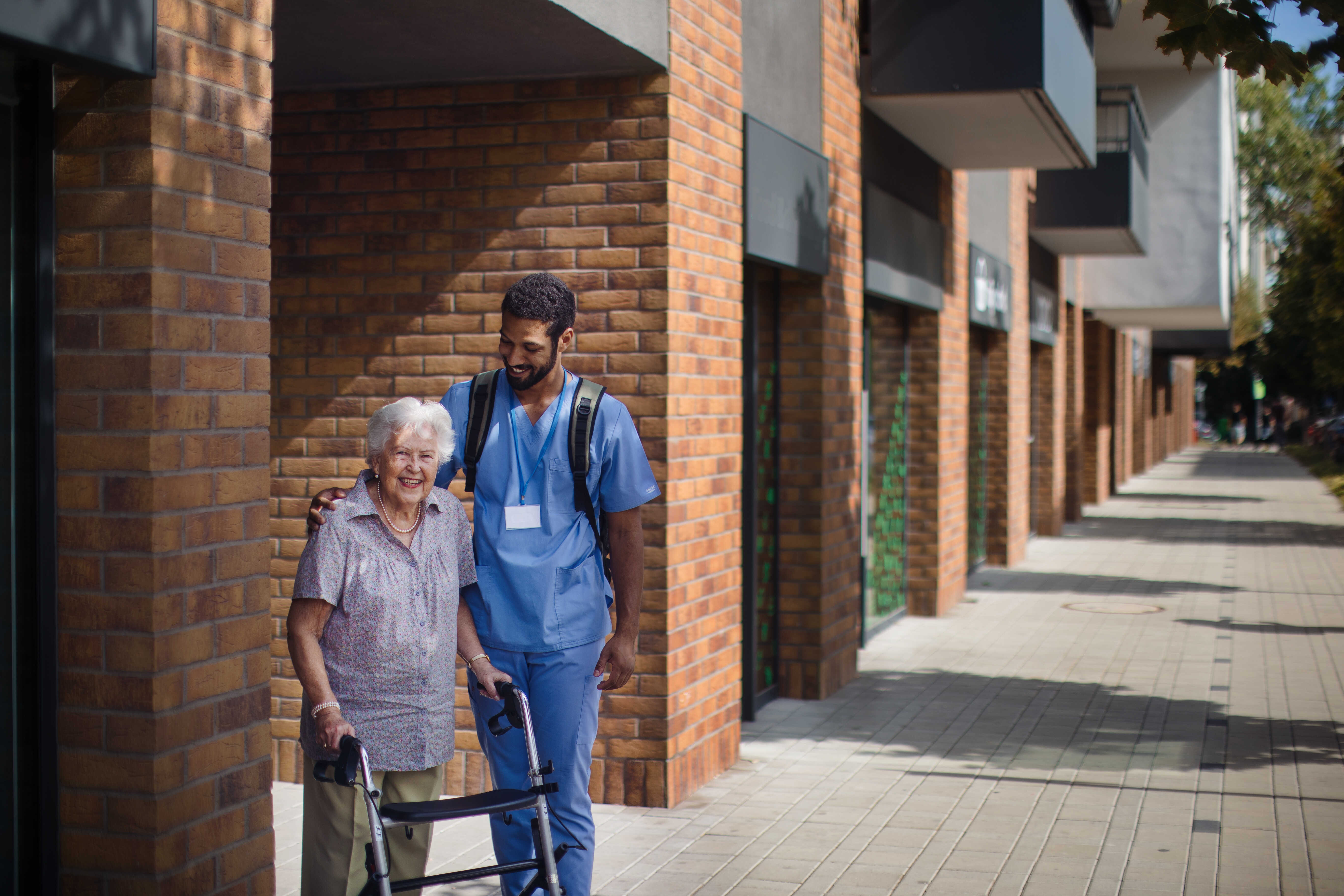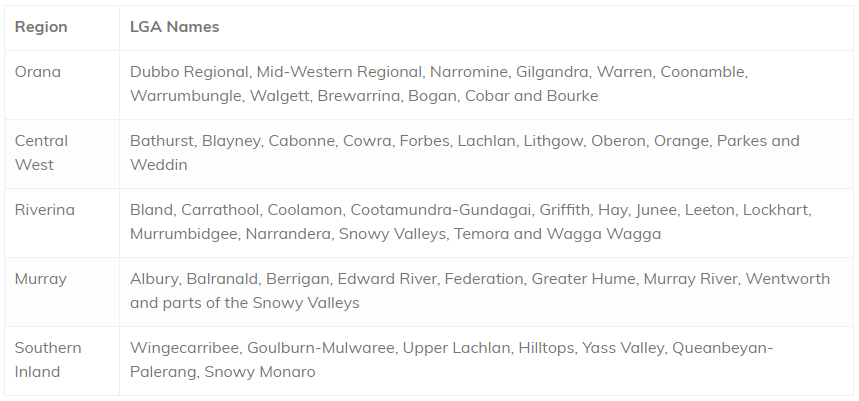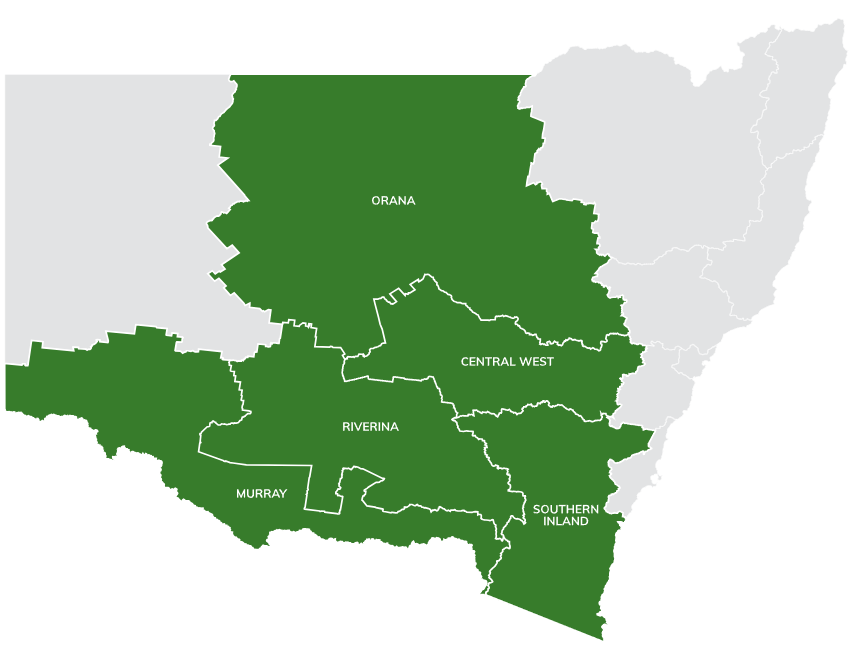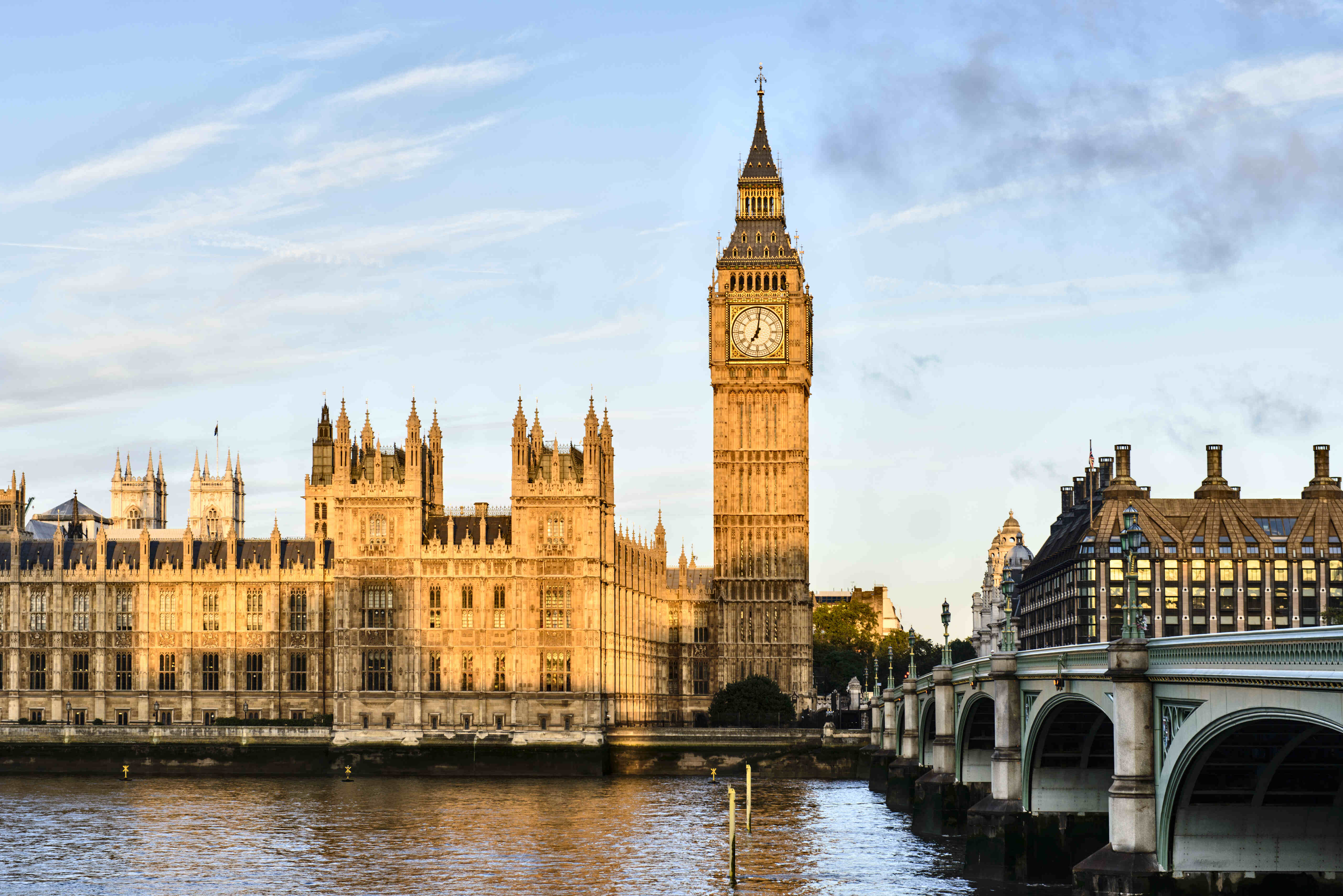Securing an enrolment in an Australian educational institution is becoming increasingly challenging, which in turn affects the ability to obtain a student visa.
With the Australian Government releasing the 2025 Indicative Allocation numbers for student visas for universities, colleges, and vocational schools, it's essential for prospective students to understand how these numbers impact their enrolment opportunities.
Understanding the 2025 Visa Caps
The recently announced student visa caps will limit the number of student visas issued each year, with a cap set at 270,000 for 2025.
This change follows the trend of tightening enrolment processes, making it crucial for students to consider where they apply.
Student Visa Cap for 2025
- 145,000 new student visas for public universities
- 30,000 for other universities and non-university higher education providers
- 90,000 for the vocational education and training (VET) sector
- School students
- Higher degree by research programs
- English-language providers (ELICOS)
- Non-award programs
- Australian Government-sponsored scholars
- Students who are part of an Australian transnational education or twinning arrangement
- Key partner foreign government scholarship holders
- Students from the Pacific and Timor-Leste

Insights into Enrolment Opportunities
Analysing the allocation numbers can provide valuable insights into the likelihood of securing enrolment at specific institutions. Notably, there has been a decrease in allocations for major universities, particularly in Melbourne and Sydney.
For instance, the University of New South Wales has seen a significant reduction of 45%, dropping from 17,359 to 9,500 allocated enrolments. Meanwhile, some smaller regional universities have experienced increased allocations. For example, Charles Darwin University has received an allocation of over 100% compared to previous years.
You can find more detailed information on the indicative numbers for your planned universities or vocational schools through this link.
Course Caps Overview
Let’s take a closer look at some of the largest providers and their changes in enrolment allocations:
- The University of Sydney: Decreased by 31%, from 17,247 enrolments in 2024 to an expected 11,900 in 2025.
- Monash University: Allocation reduced from 12,573 to 10,000, a reduction of 20%.
- The University of Melbourne: Decreased by 21%, from 11,866 to 9,300.
- The University of Western Australia: Reduced by 41%, from 5,140 in 2024 to 3,000 in 2025.
Interestingly, all of Australia’s Group of Eight (Go8) universities have seen reductions in their allocations for 2025 compared to 2024.
Universities with Increased Allocations
On the flip side, several institutions have witnessed significant increases in their enrolment allocations:
- Charles Darwin University
- James Cook University
- Charles Sturt University
- University of New England
- University of Southern Queensland
All of these universities have seen an increase of over 100% in their allocations for 2025 compared to 2024. Additionally, the University of Tasmania experienced a 41% increase, while Flinders University saw an 87% increase.
Changes in Colleges and Vocational Education
When it comes to colleges and vocational education, some popular providers have also faced reductions in their allocations:
- Holmes Institute: Reduced by 53%.
- Le Cordon Bleu (for chefs): Reduced by 52%.
- Monash College: Reduced by 41%.
- Torrens University: Reduced by 24%.
Conversely, some colleges have seen increases:
- Kaplan Business School: Increased from 2,459 to 3,170 (a 28% increase).
- Victorian Institute of Technology: Increased from 914 to 1090 (a 19% increase).
What to do now?
If you are considering studying in Australia, it may be beneficial to focus on education providers where you have better chances of securing enrolment. Understanding the changing landscape of student visa allocations can significantly impact your decisions.
Do you need help to apply for an Australian Visa?
If you need assistance with applying for an Australian visa, please contact us.
You can book an appointment online or call us at (+61) 8 8351 9956.
Our team of experienced Immigration Lawyers and Migration Agents look forward to assisting you with your visa application.
Based in Adelaide, South Australia, we provide Australian immigration advice to people and businesses from all over the world.
Souces:
https://immi.homeaffairs.gov.au/visas/getting-a-visa/visa-listing/student-500
Improving the sustainability of international education | Ministers' Media Centre

















